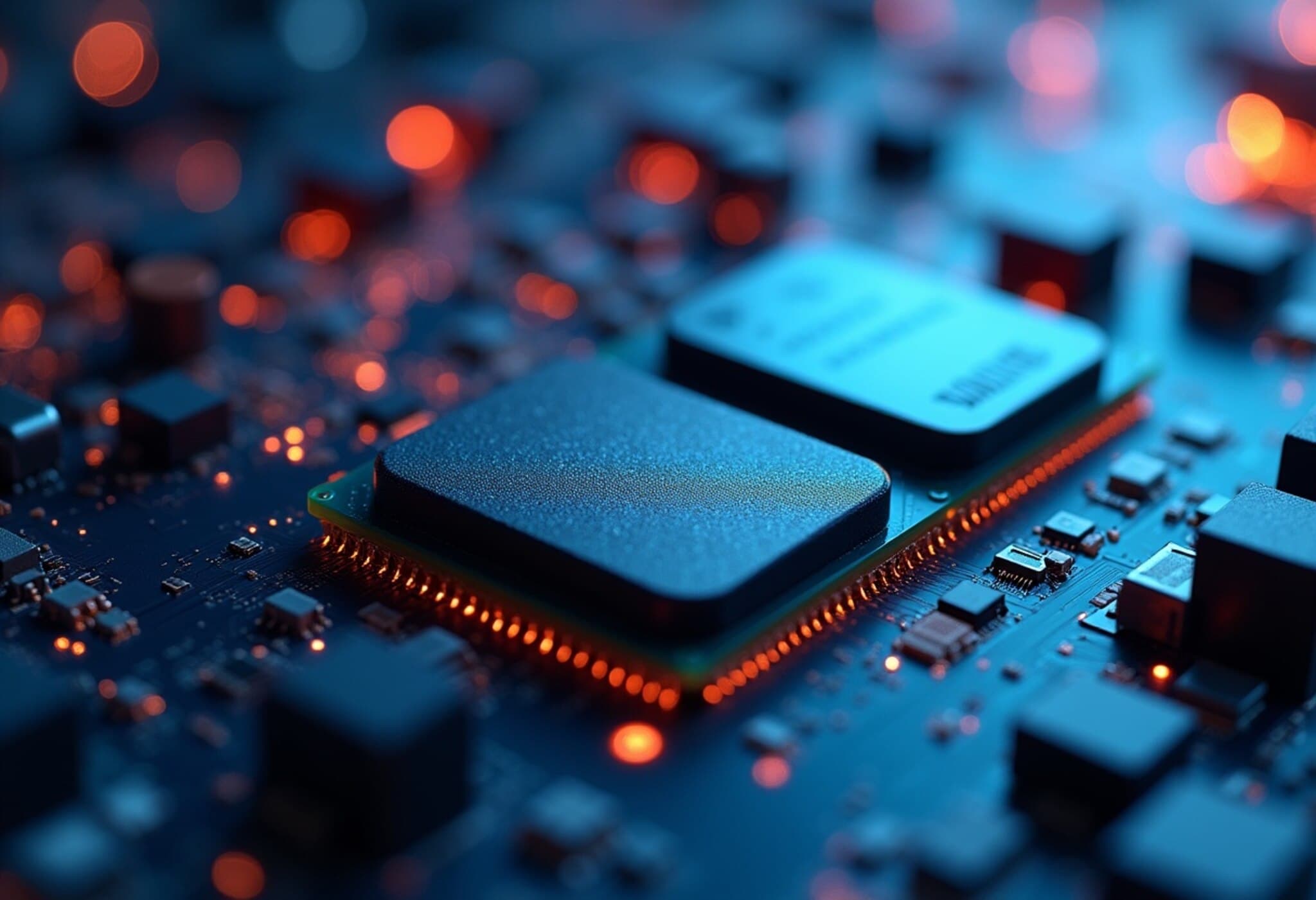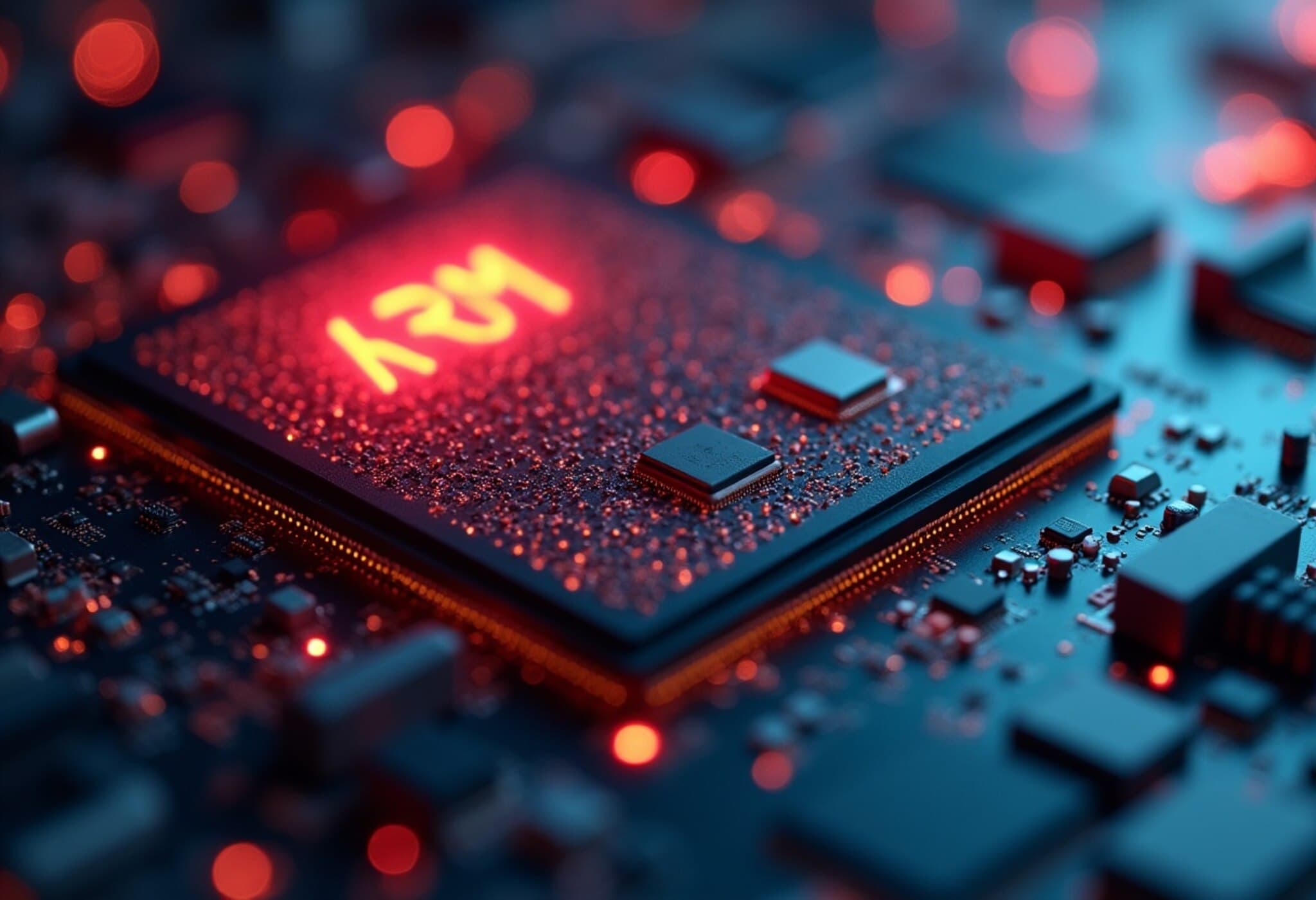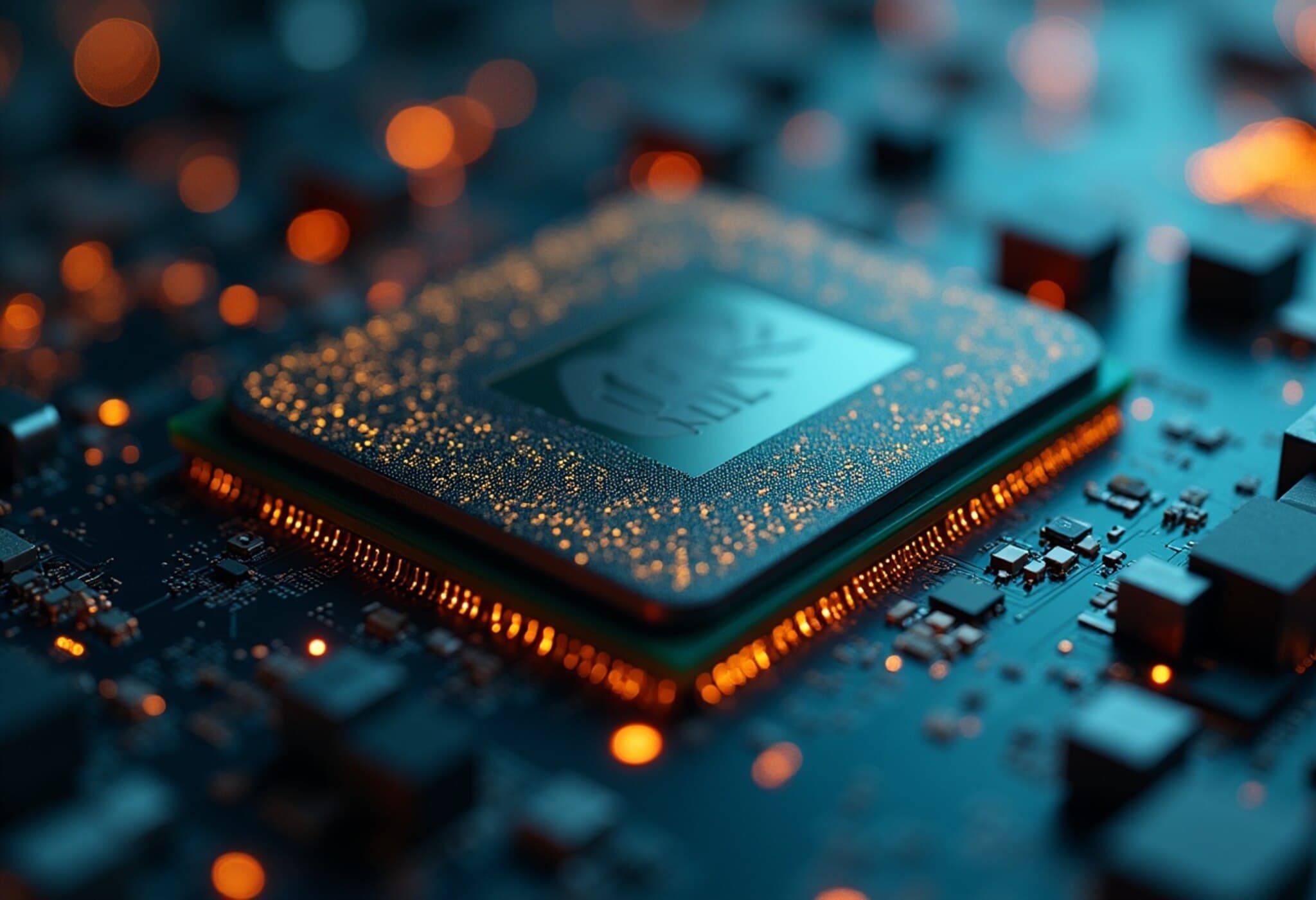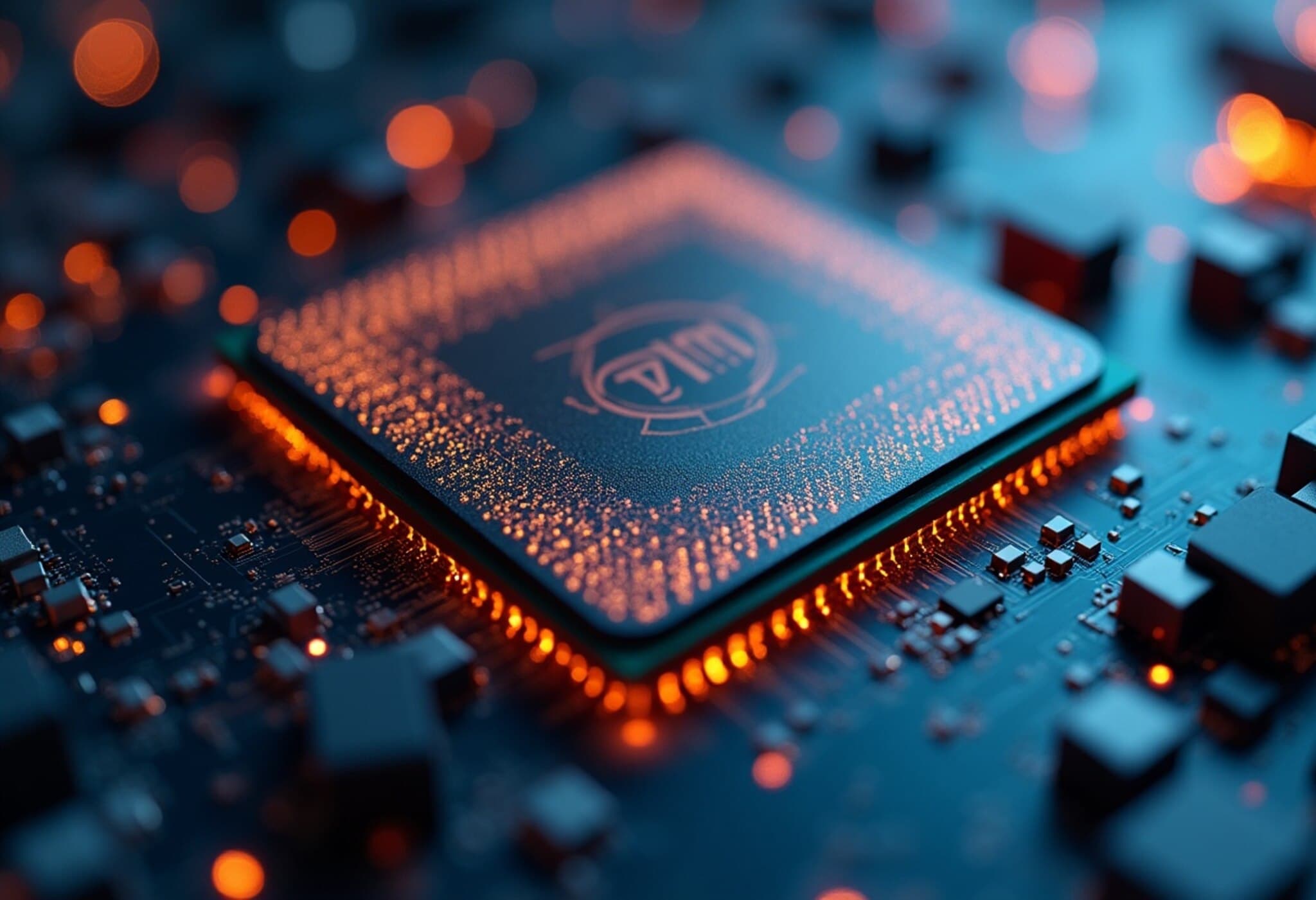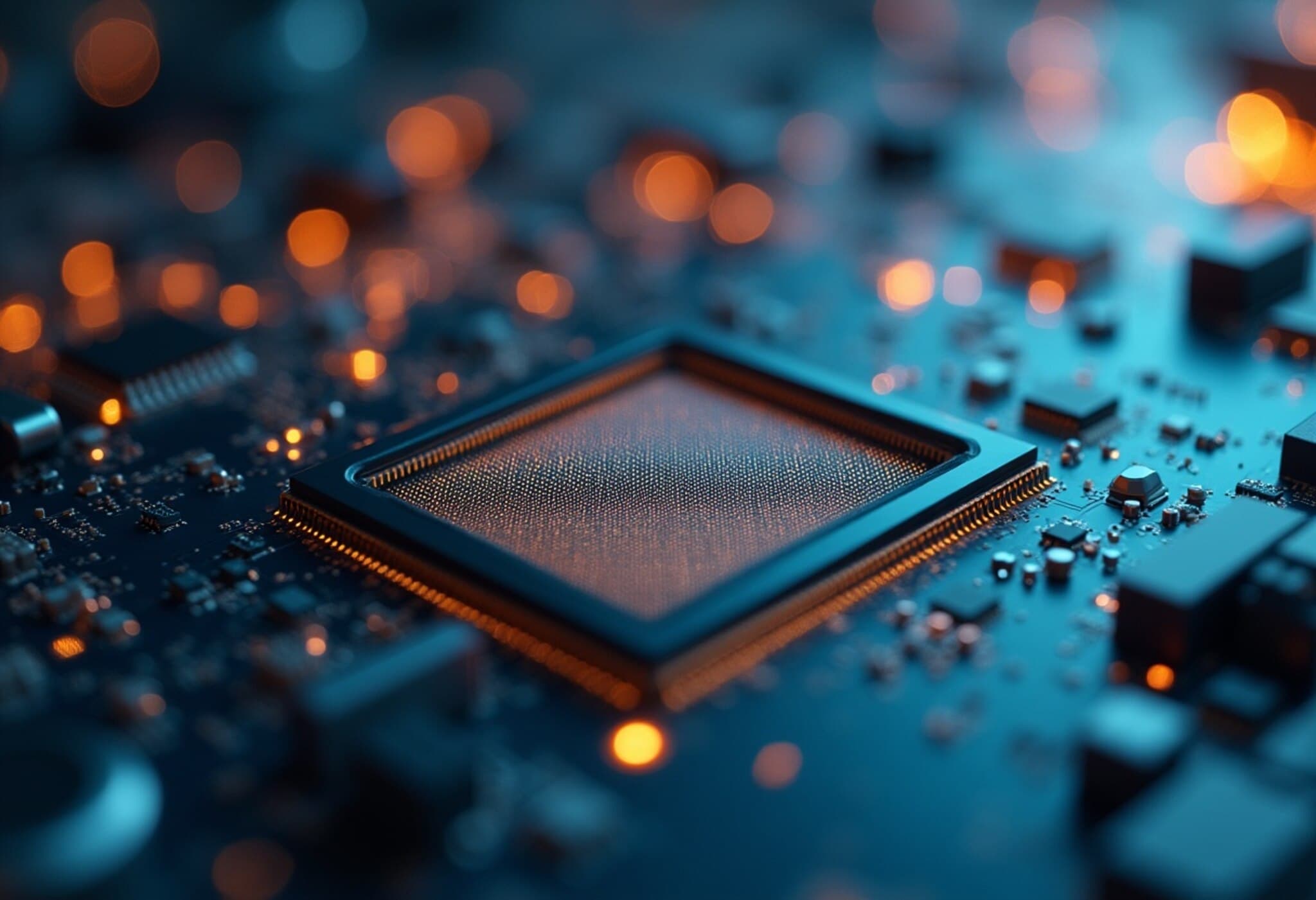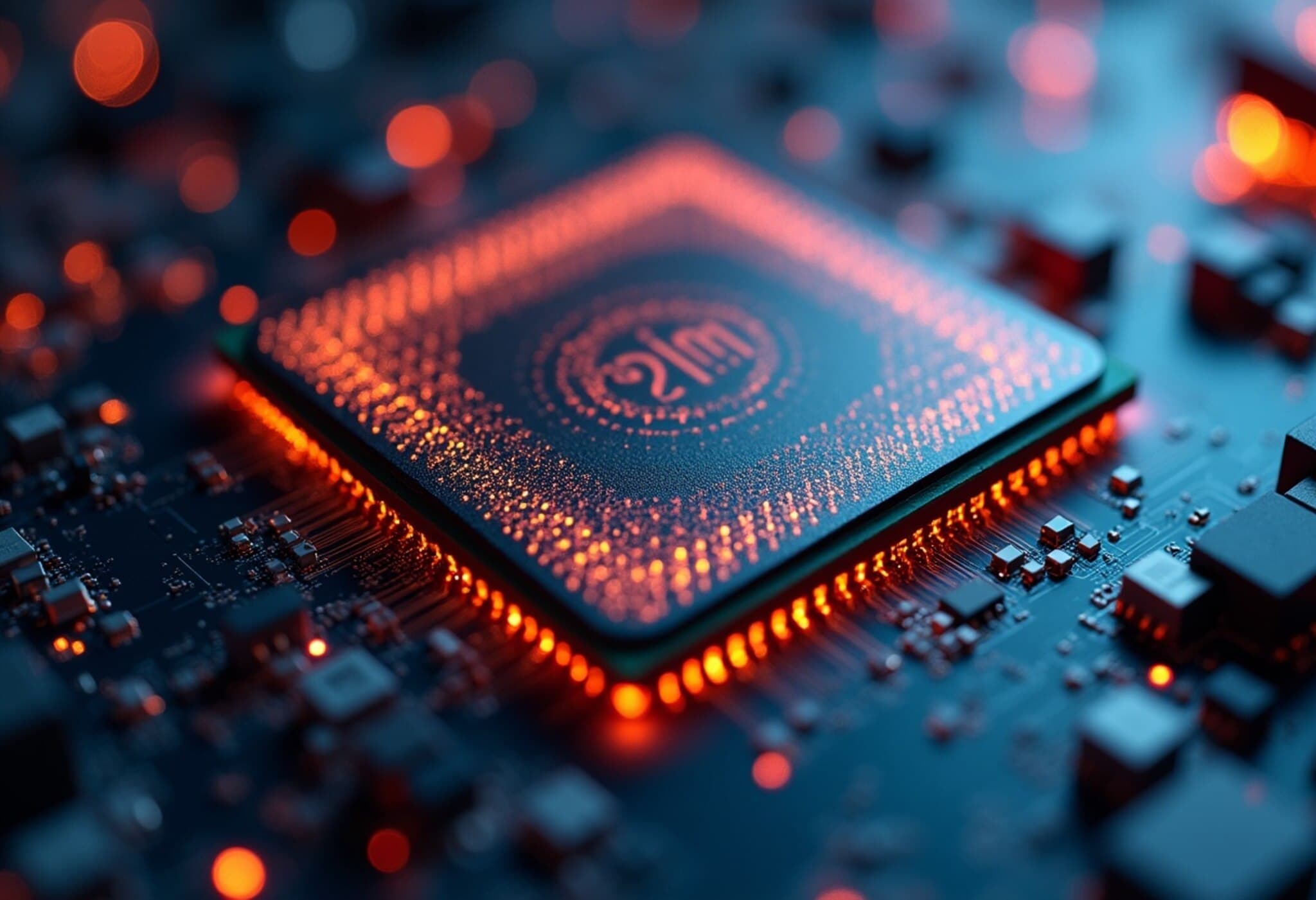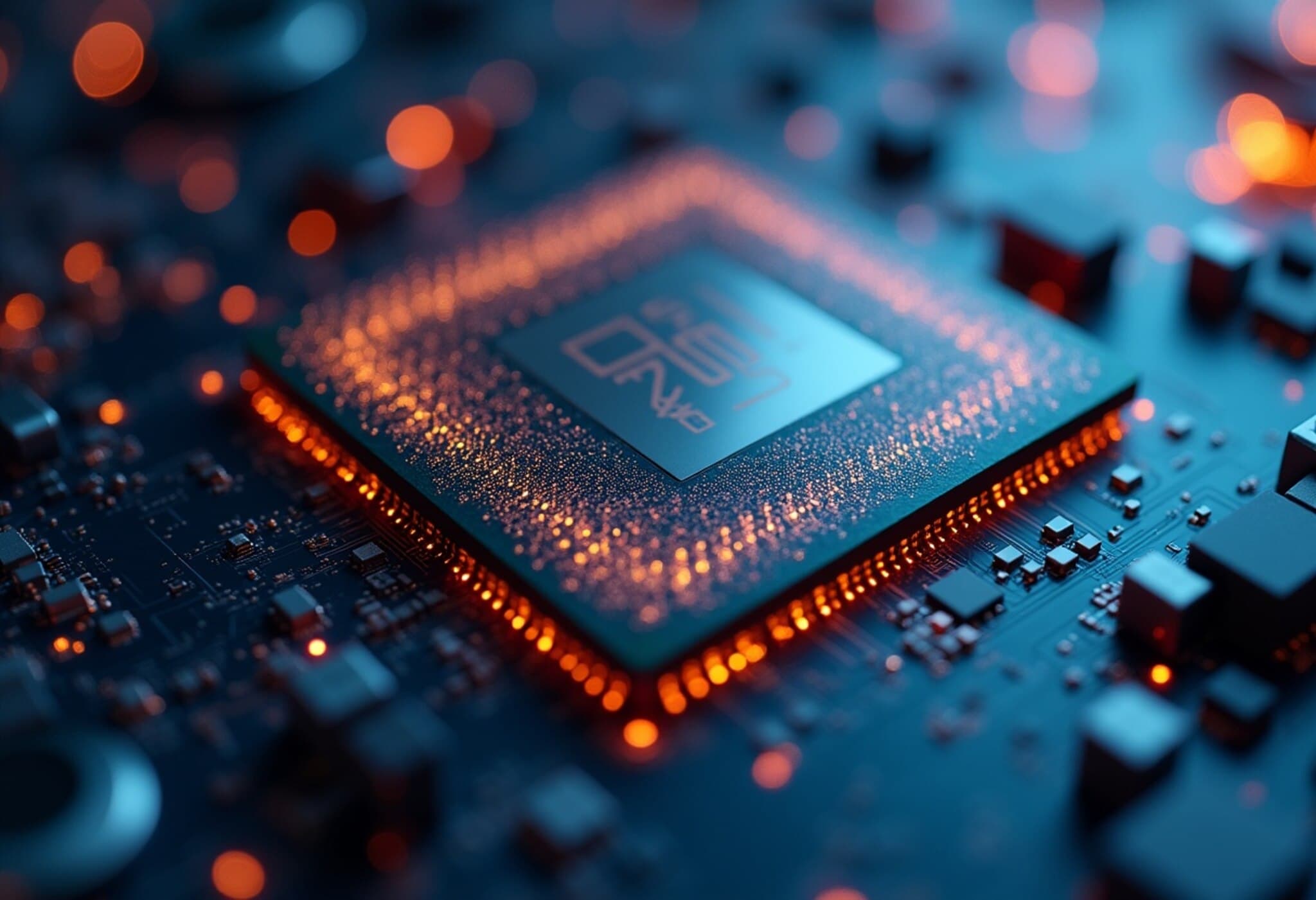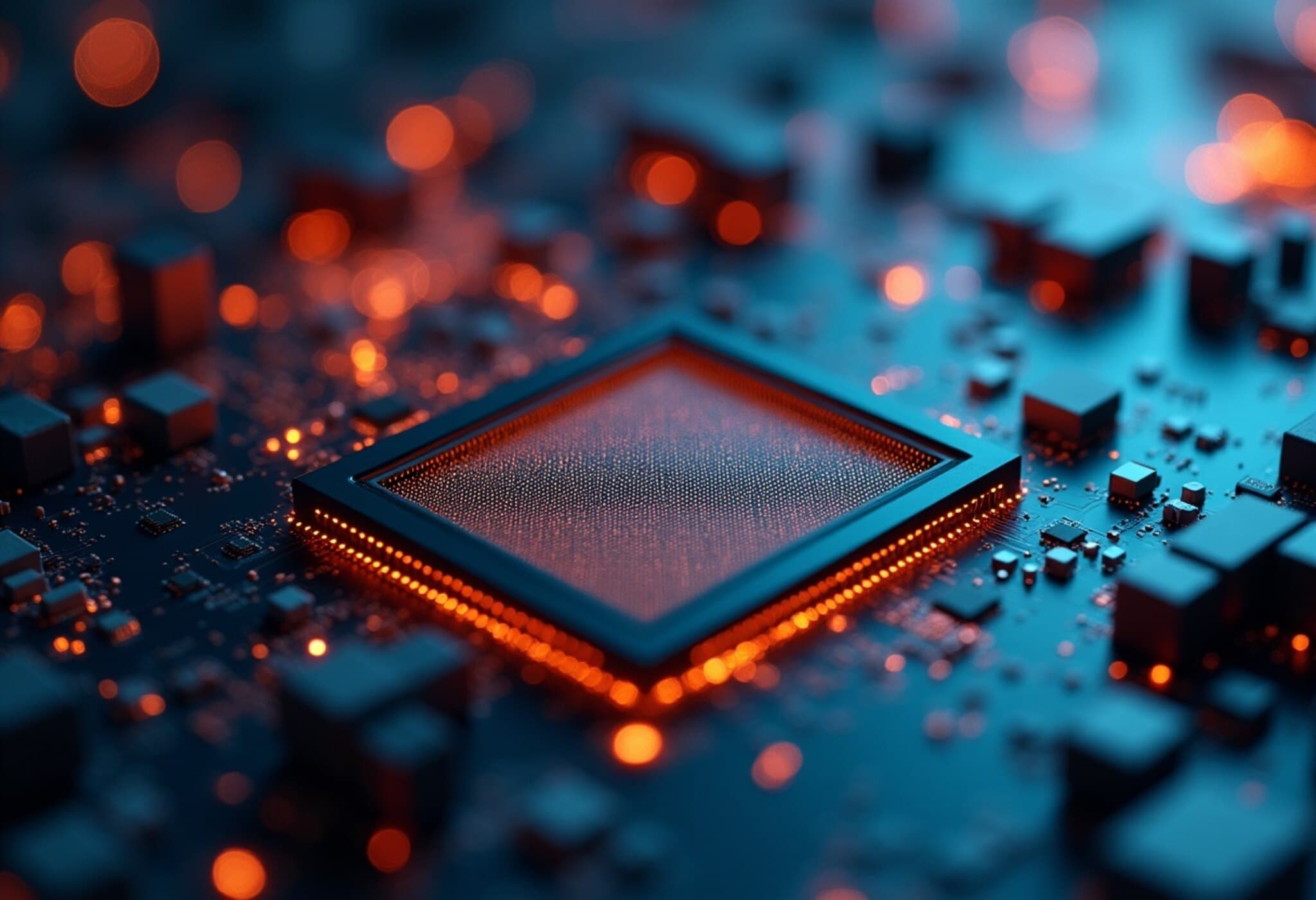Samsung’s Profits Take a Sharp Hit Amid AI Chip Market Challenges
South Korean tech giant Samsung Electronics announced a significant drop in its second-quarter earnings, painting a sobering picture for one of the world’s leading smartphone and semiconductor manufacturers. The company reported a 56% decline in operating profit for the quarter ended June 2025, signaling growing challenges in capturing the lucrative artificial intelligence (AI) chip market dominated by competitors like Nvidia.
Q2 Earnings: A Bigger Drop Than Expected
Samsung's operating profit for Q2 clocked in at approximately 4.6 trillion won (about $3.37 billion), a steep decline from 10.44 trillion won a year earlier. This setback was more severe than the LSEG SmartEstimate, which anticipated around 6.26 trillion won. Revenue projections also fell short of expectations, at 74 trillion won compared to the forecasted 75.55 trillion won.
Following these announcements, Samsung’s shares experienced a dip of up to 1.13% during volatile trading, reflecting investor unease over the company’s chip segment performance.
Lagging Behind in the Heat of the AI Chip Race
Samsung’s struggles are particularly pronounced in the high-bandwidth memory (HBM) chip sector, an advanced memory technology critical for AI processing. While Samsung remains a heavyweight in smartphone manufacturing and memory chip production, its competitors SK Hynix and Micron Technology have gained ground, especially SK Hynix’s role as Nvidia’s primary HBM supplier.
Experts note that Samsung is still navigating the certification and delivery process for its latest HBM products. According to reports, the final certification with Nvidia—who controls about 70% of global HBM demand—has been delayed until at least September.
"The delayed qualification with Nvidia significantly caps Samsung’s near-term growth potential in the HBM market," stated Ray Wang, research director at Futurum Group.
Despite securing some HBM supply deals with AMD, those contributions are unlikely to impact current quarter results due to production ramp timelines.
Additional Pressures on Samsung’s Foundry and Workforce
Samsung’s foundry business, responsible for manufacturing chips designed by other firms, also faces weak demand and stiff competition from global foundry leaders. This segment’s ongoing operating losses have contributed to the disappointing profit outlook.
Reuters further reported that Samsung has enacted significant cost-cutting measures, instructing certain subsidiaries to reduce headcount by up to 30% in some divisions—an undeniable indicator of the pressures building within the company amid market shifts.
Expert Insights: What This Means for Samsung and the Semiconductor Industry
This decline in Samsung’s profits underscores the fast-evolving dynamics of the semiconductor industry, where agility and timely innovation are crucial. AI chip demand is skyrocketing, yet only companies that can rapidly certify and deliver cutting-edge products stand to capture the lion’s share.
Samsung’s delay in the HBM segment highlights the difficulties even established tech giants face when competing with specialist firms in niche, high-growth markets. Furthermore, geopolitical tensions and supply chain disruptions—particularly relating to sales in China—compound these operational challenges.
- Market Positioning: Samsung’s leadership in smartphones provides some cushion, but the loss of ground in AI chips could have long-term implications for its semiconductor ambitions.
- AI Chip Supply Chains: As Nvidia and AMD continue to push AI innovation, the suppliers they choose can significantly influence market direction.
- Cost Management: Workforce reductions signal a strategic pivot aimed at maintaining competitiveness amidst changing demand.
Looking Ahead: Can Samsung Reclaim Its Momentum?
Samsung has expressed ongoing commitment to improving its HBM products, with customer evaluations and shipments underway. However, the true test will come later this year, as they aim to secure essential certifications and ramp production in an intensely competitive environment.
Investors and industry watchers will be keenly monitoring Samsung’s detailed third-quarter earnings release later in July to assess whether the company can pivot effectively or if further restructuring is needed to align with the AI-driven semiconductor market’s transformative demands.
Key Takeaways
- 56% decline in Samsung’s Q2 operating profit highlights difficulties in the AI chip market.
- Missed revenue and profit forecasts suggest ongoing pressure from rivals and market conditions.
- Certification delays with Nvidia restrict Samsung’s market share in critical high-bandwidth memory chips.
- Workforce cuts underscore strategic cost controls amid a challenging global semiconductor landscape.
Editor’s Note
Samsung’s earnings reveal much more than a simple quarter’s setback; they spotlight the fierce competition reshaping the semiconductor realm. The AI chip market doesn’t just reward innovation—it demands speed, precision, and strong partnerships. As Samsung navigates certification delays and seeks to regain footing, its trajectory reflects broader challenges for legacy tech firms adapting to rapid digital transformation and geopolitical complexities. How Samsung responds in the coming quarters could redefine its role in the future of AI technology.

